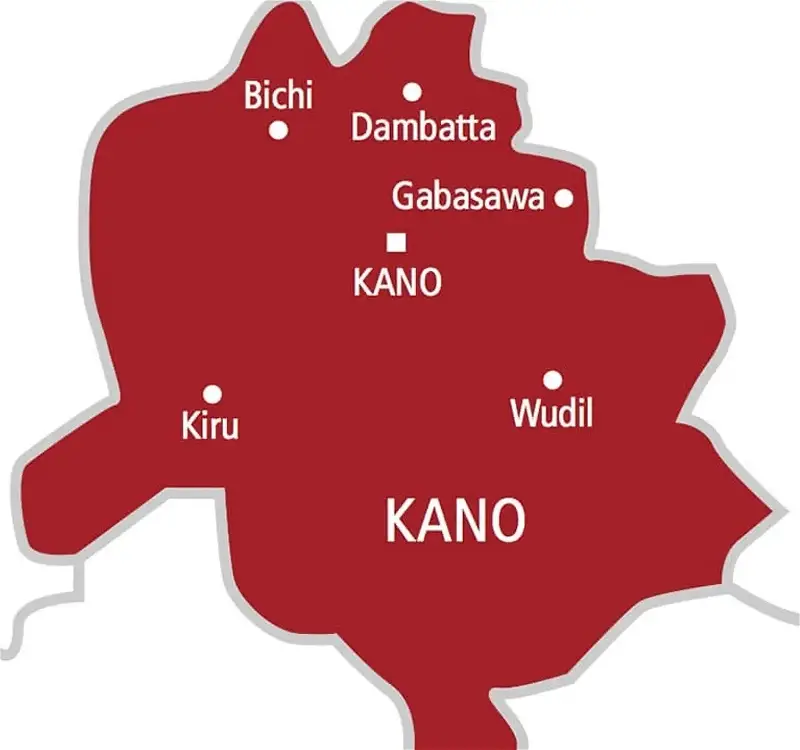The Kano State Ministry of Health, in collaboration with MSI Nigeria Reproductive Choices and other implementing partners, has successfully concluded a three-day workshop focused on developing a comprehensive Social and Behaviour Change Communication (SBCC) demand generation strategy to promote RMNCAH+N (Reproductive, Maternal, Newborn, Child, Adolescent Health and Nutrition) services across the state.
Nabilusi Abubakar K/Na’isa, Public Relations Officer of the Ministry disclosed this in a statement issued to newsmen today.
According to Nabilusi, the workshop, which held from 20th to 22nd June 2025 at Quarterhouse Hotels, Malali GRA, Kaduna, brought together stakeholders from government agencies, development partners, civil society organizations, youth groups, traditional institutions, and media.
The primary objective was to review existing data and jointly develop an inclusive and culturally responsive SBCC strategy tailored to the needs of Kano State.
In his opening remarks, the Honourable Commissioner for Health, Dr. Abubakar Labaran Yusuf, represented by the Director General of the Drugs, Medical and Consumables Supply Agency (DMCSA), Pharmacist Gali Sule, reaffirmed the government’s commitment to improving health-seeking behavior, particularly among women, children, and adolescents.
He highlighted the vital role of strategic communication in addressing and transforming harmful cultural norms and barriers that limit access to essential RMNCAH+N services.
During the course of the workshop, participants were divided into thematic groups to identify and analyze social norms, behavioral challenges, and enabling factors affecting the demand for health services.
Presentations from consultants and technical experts offered insights into global best practices, behavioral theories, and evidence-based SBCC approaches.
The strategy development process was participatory, inclusive, and informed by relevant local data. It is expected to provide a practical roadmap for stakeholders to implement impactful community dialogue sessions, mass media campaigns, interpersonal communication, and digital outreach to improve RMNCAH+N service uptake.
The initiative received support from key partners including UKaid, Lafiya Programme, Society for Family Health (SFH), A360 Project, and Matasa Matan Arewa, all of whom reaffirmed their commitment to strengthening health systems and improving outcomes for families across Kano State.
As the workshop concluded, participants expressed optimism that the newly developed SBCC strategy will foster stronger community engagement, empower women and youth, and ultimately contribute to reducing maternal and child mortality rates in the state.

